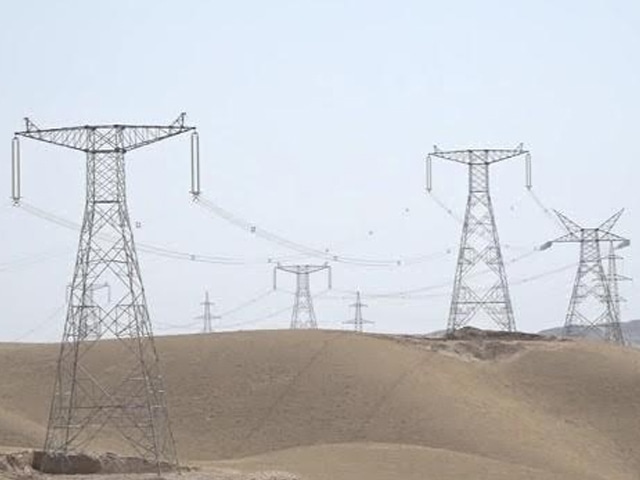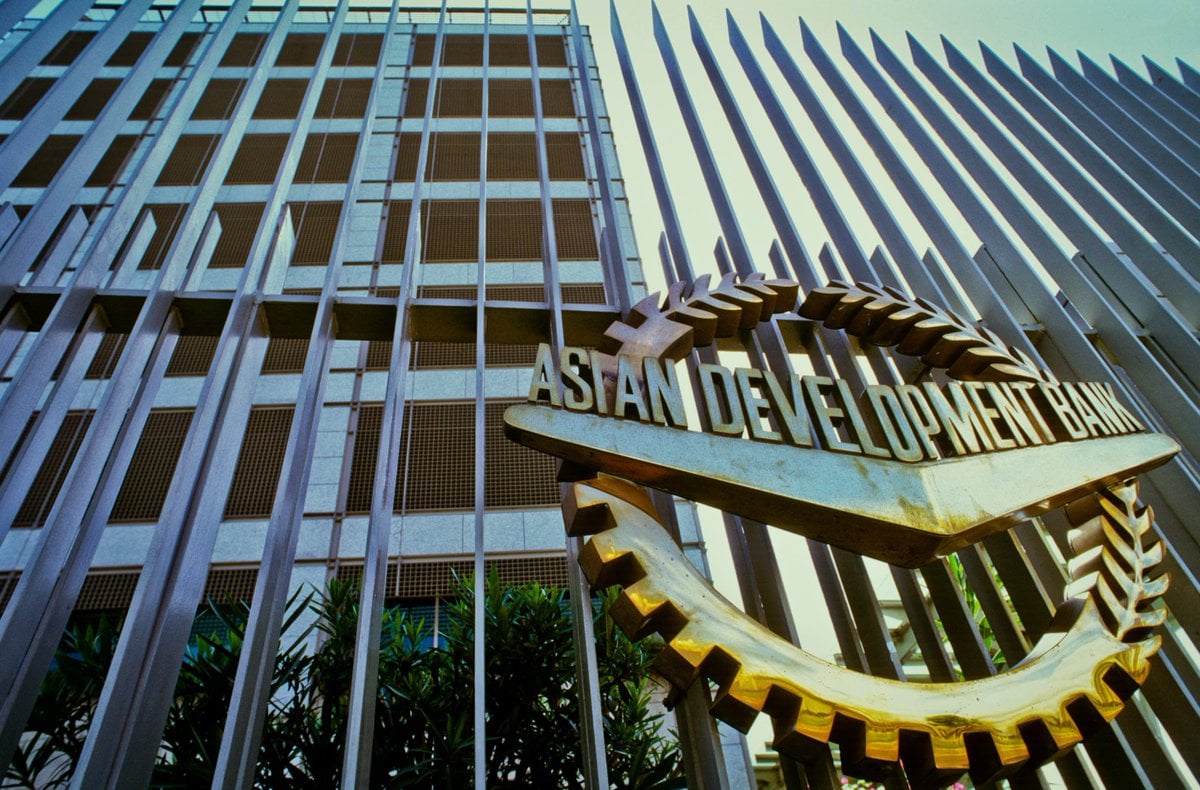PTBP Web Desk
Pakistan and Iran have successfully reached an agreement to extend their electricity sale contract, finalizing a pricing model between 7.7 and 11.45 cents per kWh. This milestone follows detailed negotiations between relevant entities from both nations, as confirmed by well-informed sources to Business Recorder.
The prior electricity sale agreement, forged between Pakistan’s Central Power Purchasing Agency–Guaranteed (CPPA-G) and the Iranian company M/s Tavanir, expired on December 31, 2024. To ensure uninterrupted electricity supply to Pakistan’s bordering areas in Balochistan, the Prime Minister’s Office requested updates on extending this agreement. Subsequently, the Iranian embassy submitted around two dozen remittance and invoice items to CPPA-G for clearing pending dues related to imported electricity.
At present, Pakistan imports 100 MW of electricity from Iran to cater to Balochistan’s border areas. Payments for this supply have traditionally been managed through informal channels or barter trade agreements. This import amounts to approximately 18 million units annually. However, the current cost of Iranian electricity supplied to Balochistan exceeds Rs 27 per unit, making it more expensive than electricity generated from imported coal and RLNG.
A delegation from Tavanir visited Islamabad on December 25, 2024, with crucial meetings held over the next two days at CPPA-G’s office. These discussions culminated in the finalization of terms under Amendment No. 10. A record note detailing the outcomes of these negotiations has been forwarded to the Prime Minister’s Office.
The electricity pricing mechanism was a focal point of the discussions. The parties eventually agreed on the following formula:
- R = 3.2 + 0.075xP
- R: Electric energy price payable in US cents per kWh.
- 3.2: Fixed portion of the delivered electricity cost.
- P: Monthly average price of a barrel of crude oil from the OPEC basket, ranging from $60 to $110, as published on the OPEC website.
Despite variations in crude oil prices, the electricity price will remain within the range of 7.7 to 11.45 cents per kWh. This structured pricing ensures both stability and flexibility.
Line Loss Sharing and Infrastructure Updates
The amended agreement also incorporates mechanisms to manage line losses for two key interconnection lines:
- Polan-Jiwani Line: Agreed on August 9, 2023.
- Pishin-Mand Line: Agreed on June 25, 2024.
These mechanisms aim to streamline electricity transmission and mitigate associated losses effectively.
Another critical aspect addressed was the minimum take-or-pay clause. It was agreed that Pakistan will pay Rs 30 million on all interconnection lines regardless of usage. This clause ensures consistent revenue flow for the supplier while meeting Pakistan’s energy demands.
Both sides have agreed to inform their respective authorities of the finalized terms before executing Amendment No. 10. Tavanir’s Chairman, Mostafa Rajabi Mashhadi, reaffirmed this commitment in a letter to CPPA-G’s CEO, Rihan Akhtar. The correspondence referenced earlier communication, including a letter dated October 1, 2024, expressing readiness to conclude the amendment and renew the original contract established on November 6, 2002.
This extended agreement underscores the strategic partnership between Pakistan and Iran in addressing cross-border energy needs. With the agreed pricing mechanism and improved infrastructure, both nations aim to ensure uninterrupted electricity supply to critical regions while fostering economic cooperation.




